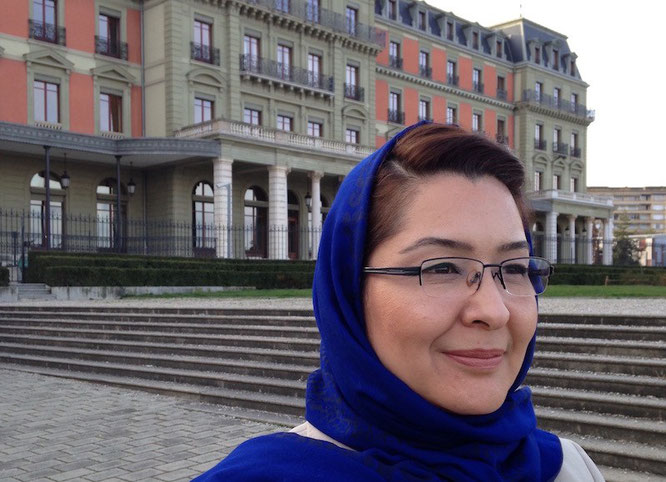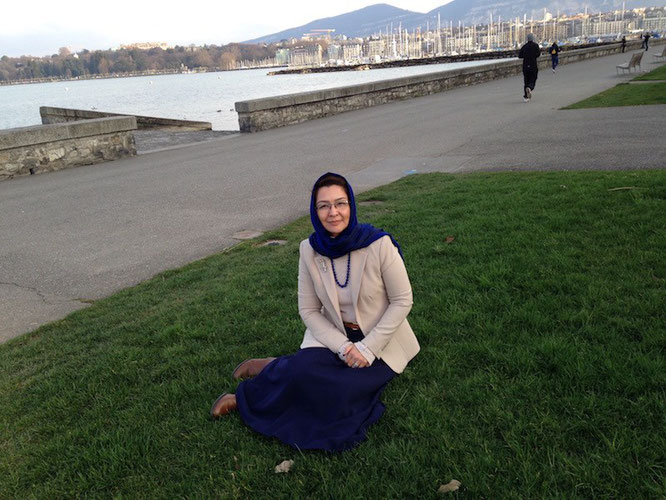- Home
- Renu's Music Room
- Diego Gadenz
- Jazz-Bossanova Quartet
- Hari Prasad Paudyal & Hélène Philippart,
- Cacao Jazz Quintet
- Michel Farescour and Alen Farescour
- Duo Esterika Sefarati
- Jean-Yves Poupin and Stephane Fisch
- Dr. Hariprasad Paudyal
- Kildonan group
- Chizuko Hayashi
- Duo Albedo
- John, Pierre-Antoine and Bruno!
- Adriano Bassanini
- Pascal Rossy
- Yara trio
- John Intrator and Jean-Michel Pache
- Ustad Ikhlaq Hussain
- Poems
- To my own darling sister, 2
- The Cleavage Conundrum
- Happiness is...
- Wimbledon White
- Never on a Saturday
- With a Little Help from my Friends
- Shuttered Wine
- See you soon
- Swiss Alps: To go, or not to go
- Apartment in Paris
- Till we meet again
- Ode to Vana
- Twenty twenty-two
- The Oscars! UNDP 2021 Reunion Greece
- Ode to the Road
- Over the Moon
- For Roy
- Even Stephen
- Birthday poem
- The New You
- Nichts passiert
- Divonne Book Club
- Ingrid’s Day
- Daddy
- Dad
- Mom
- Calling It a Day
- To my own darling Sister
- A Walk in the Park
- Wine
- Postcard from the Sky
- Wine & Friendship
- Sublime REDS from a region famous for whites
- Bubbles from the Hills of Veneto
- PUGLIA : A gastronome’s delight
- Postcard from Kohima
- Luckily, more than ‘Once in a Lifetime’!
- From a weekend getaway to an award-winning vineyard
- At the Khushwant Singh Litfest: A Glass of Wine with…
- Wines of Lebanon
- How Europe’s highest vineyard ended up with 500 owners and Indian connections
- Wine Women & Words
- Film - Jazz
- Saas-Fee Stories
- This & That
- When will our Beloved Thermes in Divonne-les-Bains Reopen?
- Leaders, Correas and Mothers
- A Visit to Château de Chambord & The Loire Valley
- Hikes
- Summertime with the Cornell Club of Switzerland
- Discover the enchanting Talis music festival in Saas-Fee Switzerland
- Chefs from Vana Retreat in Dehradun take their expertise to Switzerland
- Combine Swiss ingenuity with an alpine cave, and you get this.
- Basel Fasnacht
- Photo Gallery
- Contact
Most Afghan girls don’t go to school. How grit and dad got this one to the top.
BY LE NEWS
This week Renu Chahil-Graf goes for a walk in the park with Afghanistan’s UN Ambassador in Geneva Dr. Suraya Dalil, and learns about her journey to the top, and of the men who helped her succeed in a place where only 5% of girls finish school.
It started out as a normal school day in Kabul in 1978, when suddenly bombing and air strikes sent the children scurrying home, among them an eight year old named Suraya.
Since then life in Afghanistan was a series of losses for Suraya, including her mother’s brother who died in conflict at 21. Despite the insecurities, Suraya’s parents, in particular her father, persisted in encouraging her education, including medical school where this bright and energetic young woman decided she wanted to become a surgeon, a male domain in Afghanistan, as elsewhere.
Some time later, as fighting intensified in Kabul, her father was injured in a rocket attack and the hospital Suraya was working in was destroyed. Her family was forced to flee to the North of the country.
The woman who helped women
Refugees from Tajikistan and returning migrants from Iran were pouring into Mazar-i-Sharif where Suraya, now a doctor, was immersed in their care while working in camps, tents and shelters, successively for Médecins Sans Frontières, the International Organisation for Migration and UNICEF.
With the arrival of the Taliban, and a large number of civilian casualties, the family fled to Islamabad, moving back to Kabul in 2002. As a woman, banned from working outside the home, she could only continue working under the banner of UNICEF, again as a doctor in the provinces. “Some of the highest rates of maternal mortality were in Afghanistan,” says Dr. Dalil, “with a woman dying every half an hour from pregnancy or child birth at that time.”
The man who helped the woman
Hearing Ambassador Dalil’s experiences of courage and fortitude, she is quick to insist, time and again, that these achievements would not have been possible without the strong encouragement and support of her father, who always gave her “an opportunity to learn.”

Whether through advanced English lessons, medical text books, access to libraries – he always opened doors, inculcated moral values and was an inspiration. Despite the tenuous political and security situation, he backed her working among refugees and poverty stricken populations in remote areas of Afghanistan. Very unusual for an Afghani male, especially a father.
An against-all-odds journey to Harvard
The big leap across the oceans was nothing short of a miracle. Qualifying on talent was probably the easier part, in light of Suraya’s credentials. Greater challenges were getting transcripts when university records had been destroyed in fires and the government was reluctant to endorse or recommend. Communicating without power or internet, days shortened by curfew and trips to Pakistan to sit entrance exams all stood in the way. None of this dampened her resolve and drive.

By now she had two young children aged 8 and 3. What Afghan man, Suraya asks, would have agreed to remain in Kabul to take care of the kids while she left for a year to do a Masters in public health at Harvard University? Her husband, also a medical doctor, did just that – another exceptional man.
The Boss Calls
Fast forwarding. After working with UNICEF in Mazr-i-Sharif, Islamabad and Kabul, and while busy with a demanding job overseeing health and nutrition in conflict ridden Somalia, the phone rang. An early morning call from the boss, otherwise known as the President of Afghanistan. Afghanistan needed a minister of public health and she was the perfect person. She said yes and immersed herself in this major responsibility with determination, professionalism and drive. The game changers would be focussing on women, mothers and children. “Serving the country was the most rewarding experience of my life”, she says. Working almost 14 hours a day for five years, with hardly a day off. It was her husband pitching in with care of the kids, then aged 20, 15 and 9 that made it possible.
Another Call
This time when she picked up the phone, she was asked if she wanted to represent Afghanistan as Ambassador to the UN in Geneva. The first Afghan woman in this position.

In this role her goals are clear: representing the new political generation in Afghanistan, but most of all “Being an example of what an Afghani women can be or could become if women are supported and opportunities are created for them”. At the United Nations, she actively pursues an agenda for human rights, an Afghan priority, refugees, migration, humanitarian issues. And in the economic domain, the regional and global integration of Afghanistan. Access to justice for women and gender equality rank high in the Ambassador’s vision.
Why ‘ordinary’ Geneva is “precious”
Strolling around Geneva, admiring the jet d’eau, stopping off in a café, taking her children shopping – sounds like a normal weekend, right? Not so for the Ambassador – this is exceptional, and “precious” – something you cannot do back home in Kabul. Her traditional dress and head scarf are never a constraint, she explains.

She finds the Genevois “extremely polite and welcoming”. People respond to her with respect and a smile, as we observe while walking along the lake, in front of the Offices of the High Commissioner for Human Rights.
Walking the walk beats talking the talk
As we continue to talk, relaxed, sitting on a bench or descending comfortably, picnic-style on the grass, Ambassador Dalil emphasises that she wants to demonstrate to Afghan women that aspirations can be achieved. Young Afghan girls and women could not have a better role model!







